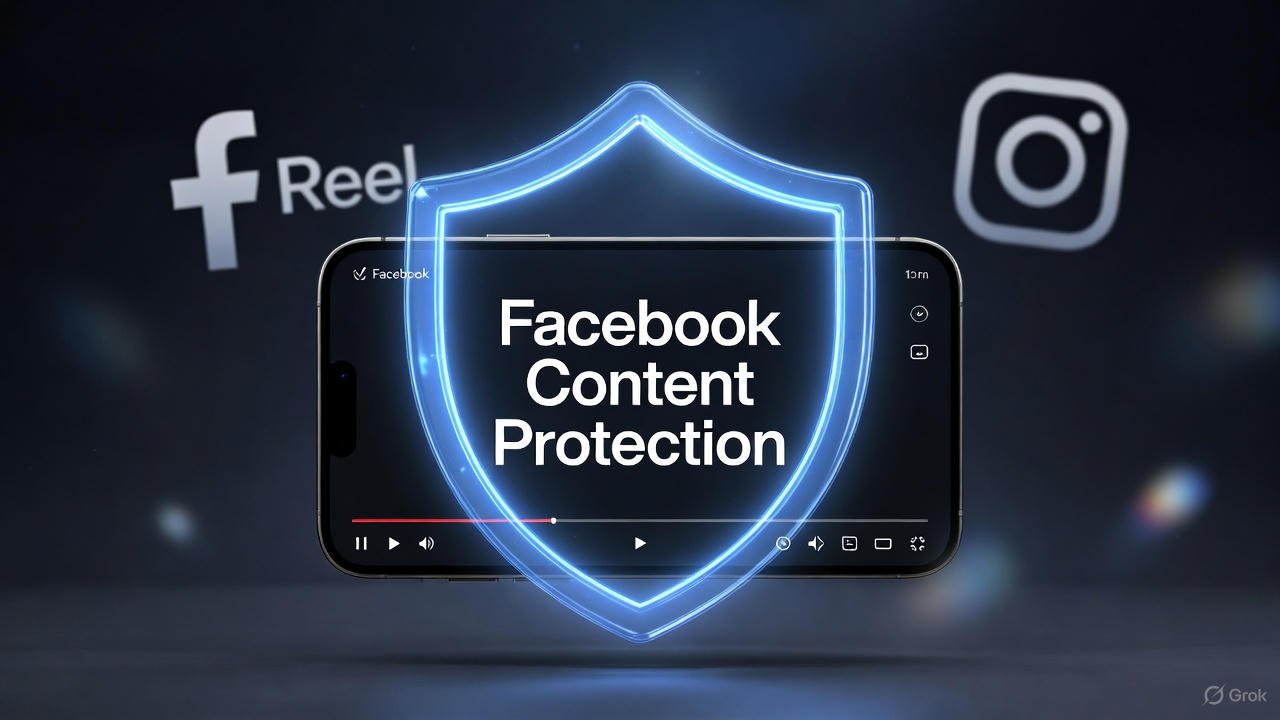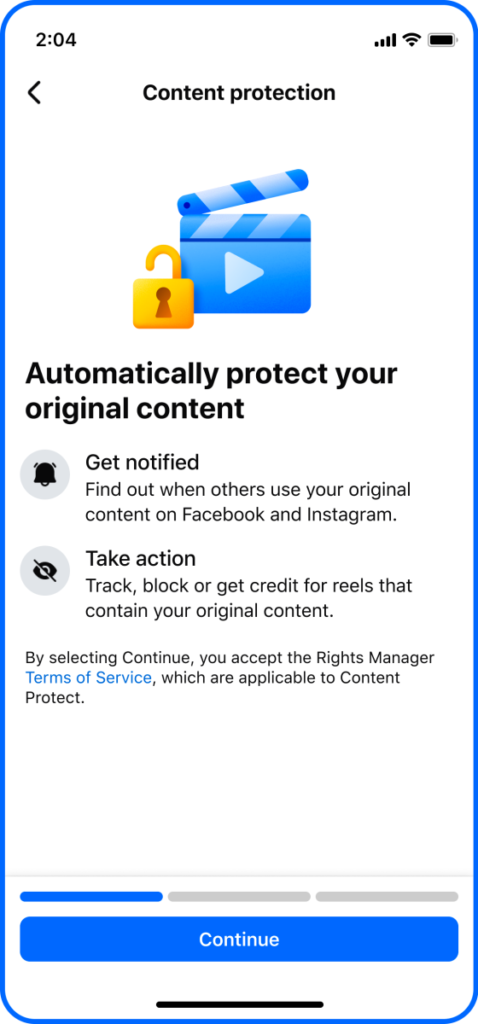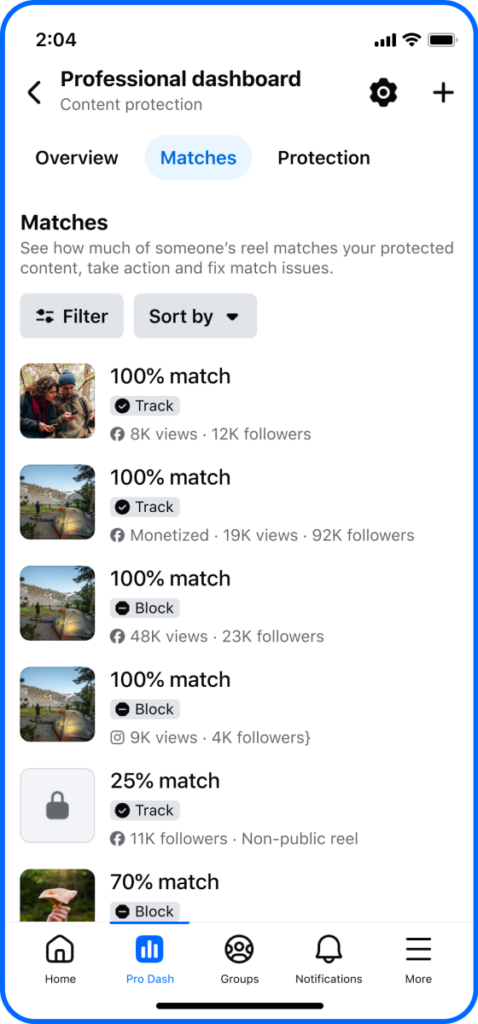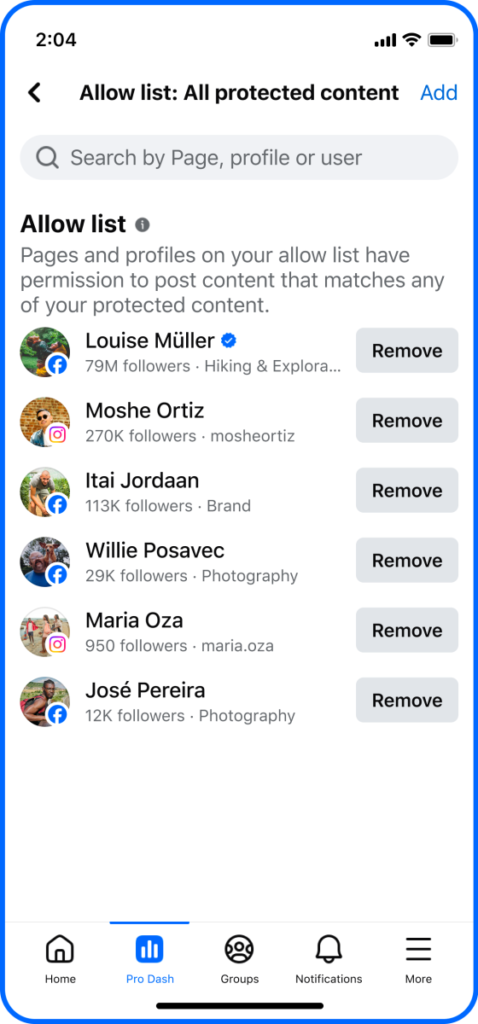
In the ever-evolving digital landscape where originality is both the lifeblood and the battleground for creators, Meta has just dropped a timely lifeline. On November 17, 2025, the tech giant announced the rollout of Facebook Content Protection, a sophisticated mobile tool engineered to shield Reels creators from the rampant scourge of unauthorized reposts and outright theft.
As someone who’s spent over a decade navigating the intersections of digital media, content strategy, and platform innovations at agencies like Revolute X Digital, I’ve seen firsthand how intellectual property theft can erode trust, stifle creativity, and undermine monetization efforts. This new feature feels like a much-needed evolution in Meta’s creator ecosystem—one that prioritizes protection without stifling the viral magic that makes short-form video so addictive.
The Problem It Solves: A Creator’s Worst Nightmare
Let’s be real: Content theft isn’t just annoying; it’s existential. Platforms like Instagram and Facebook are flooded with reposts—sometimes subtle tweaks, other times blatant copies—that siphon views, engagement, and revenue from the originals.
Meta’s own data underscores the scale: Just this July, they dismantled around 10 million profiles masquerading as major creators and axed 500,000 accounts peddling spam or fake interactions. Yet, the cat-and-mouse game persists, leaving genuine creators feeling like they’re shouting into the void.
Enter Facebook Content Protection. This isn’t a band-aid; it’s a proactive shield. Tailored for mobile users, the tool leverages Meta’s battle-tested Rights Manager technology—originally built for large-scale copyright holders—to scan for matches across Facebook and Instagram. If your original Reel gets lifted and reposted without permission, you’ll get an alert, complete with a match percentage, view counts, the thief’s follower tally, and even their monetization status. It’s like having a digital detective on speed dial.
How It Works: Empowerment at Your Fingertips
What sets this apart is the control it hands back to creators. Once notified, you’ve got options that go beyond the nuclear option of takedowns:
- Block and Vanish: Instantly suppress the unauthorized Reel from surfacing on both platforms. No drama, no penalties for the offender—just clean removal to protect your spotlight.
- Track and Attribute: Opt to let it live, but layer in performance insights. Add an “original” label with a direct link to your profile, page, or even the source Reel (the latter’s in beta testing). It’s a subtle nod to fair play that could turn a theft into a traffic boon.
- Release the Claim: If it’s a false positive or a collab gone awry, wave it off with one tap. And for the truly collaborative crowd, there’s an “allow list” to whitelist trusted accounts, ensuring your tool doesn’t flag friends or partners.
Access is straightforward and merit-based. It’s auto-enabled for participants in the Facebook Content Monetization program who uphold high standards of integrity and originality, plus those already using Rights Manager. Everyone else can peek via in-app notifications, the Professional Dashboard, or your profile tab. Not seeing it? Apply directly through the dashboard’s “Content Protection” section or Meta’s dedicated web portal.
One clever hook: To unlock tracking, your Reels need to hit Facebook first—either natively or via cross-posting from Instagram. It’s a nudge to breathe new life into Facebook’s video scene, which has lagged behind Instagram’s Reel dominance. Smart move, if you ask me; it could redistribute some of that creator energy across Meta’s empire.



The Bigger Picture: A Step Toward Sustainable Creation
This launch isn’t happening in a vacuum. Meta’s been on a tear lately to foster “originality” as a core value, cracking down on impersonators and boosting tools like video remixing guidelines. But Facebook Content Protection elevates that ethos, blending enforcement with nuance. By default, it leans toward tracking over blocking—encouraging attribution as the norm—which aligns with the collaborative spirit of social media. Creators can even dispute incoming claims through standard copyright channels or flag overlooked matches.
Of course, it’s not flawless. Right now, it’s mobile-exclusive (desktop integration is in the works for the Professional Dashboard), and misuse—like frivolous reports—could land you in hot water, from temporary restrictions to losing tool access altogether. But that’s par for the course in any anti-abuse system; the guardrails are there to keep things fair.
From my vantage point after years advising brands and independents alike, this tool could be transformative. It democratizes the protections once reserved for big studios, potentially leveling the playing field for up-and-coming Reels stars. Imagine fewer sleepless nights poring over analytics for stolen virality, and more time crafting the next hit. For platforms, it’s a retention play: Happier creators mean stickier content and healthier ad ecosystems.
At Revolute X Digital, we’re already eyeing how this integrates into our creator strategies—perhaps bundling it with attribution audits or cross-platform workflows. If you’re building a Reel-centric brand, this is your cue to audit your Facebook presence and apply today. The digital frontier rewards the bold, but now, thanks to Meta, it might just protect them a little better too.
What do you think—does this finally tip the scales for creators, or is more needed? Drop your thoughts in the comments; I’d love to hear from fellow digital nomads.
Jason
We are an Affordable Digital Marketing Agency in Shawnee with budget-friendly solutions to amplify your brand. Elevate your business without compromising quality or cost.
